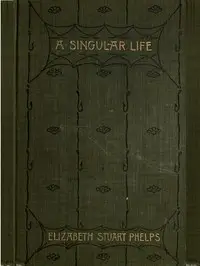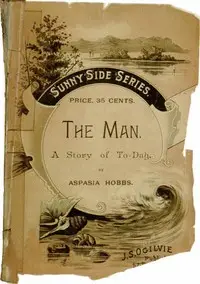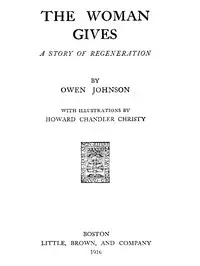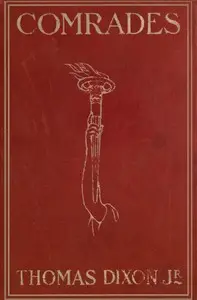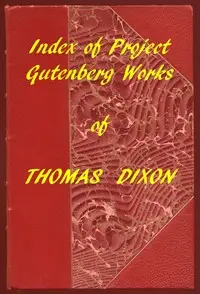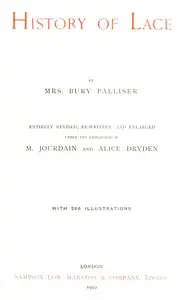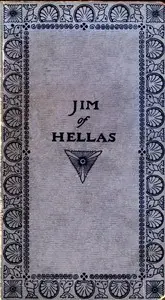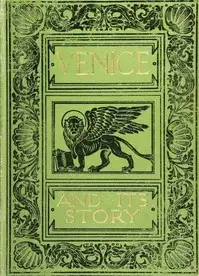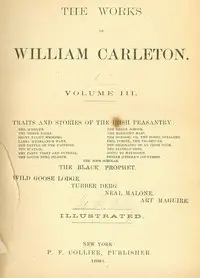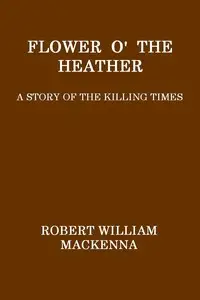"The One Woman: A Story of Modern Utopia" by Thomas Dixon Jr. is a story that takes place in modern-day New York, and it looks at love, doing well, and ideas for how society should be, all through the messy feelings between people. At the heart of the story is Reverend Frank Gordon, a preacher who is very into his work, has big plans to change society, and can charm anyone. He winds up in situations where his dreams of utopia are tested, both in his own life and by what's happening around him. It kicks off with a heated church service where everyone's emotions are running wild, showing the struggles of someone who wants to make big changes in a world that cares more about money and is full of drama. After a powerful sermon, a young woman named Kate Ransom feels drawn to his message, which causes problems with his wife, Ruth, who gets jealous and starts to question things. The story suggests there will be a fight between wanting to achieve great things and staying true to family, while also dealing with the issues of living in a city, mixing big ideas with the real world.
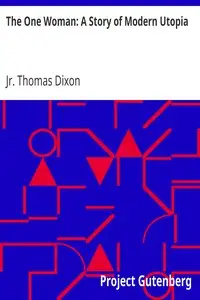
The One Woman: A Story of Modern Utopia
By Thomas Dixon
In a city of dreams, a preacher's vision for a perfect world is tested by love, ambition, and the complicated realities of human connection.
Summary
About the AuthorThomas Frederick Dixon Jr. was an American Baptist minister, politician, lawyer, lecturer, writer, and filmmaker. Dixon wrote two best-selling novels, The Leopard's Spots: A Romance of the White Man's Burden—1865–1900 (1902) and The Clansman: A Historical Romance of the Ku Klux Klan (1905), that romanticized Southern white supremacy, endorsed the Lost Cause of the Confederacy, opposed equal rights for black people, and glorified the Ku Klux Klan as heroic vigilantes. Film director D. W. Griffith adapted The Clansman for the screen in The Birth of a Nation (1915). The film inspired the creators of the 20th-century rebirth of the Klan.
Thomas Frederick Dixon Jr. was an American Baptist minister, politician, lawyer, lecturer, writer, and filmmaker. Dixon wrote two best-selling novels, The Leopard's Spots: A Romance of the White Man's Burden—1865–1900 (1902) and The Clansman: A Historical Romance of the Ku Klux Klan (1905), that romanticized Southern white supremacy, endorsed the Lost Cause of the Confederacy, opposed equal rights for black people, and glorified the Ku Klux Klan as heroic vigilantes. Film director D. W. Griffith adapted The Clansman for the screen in The Birth of a Nation (1915). The film inspired the creators of the 20th-century rebirth of the Klan.

